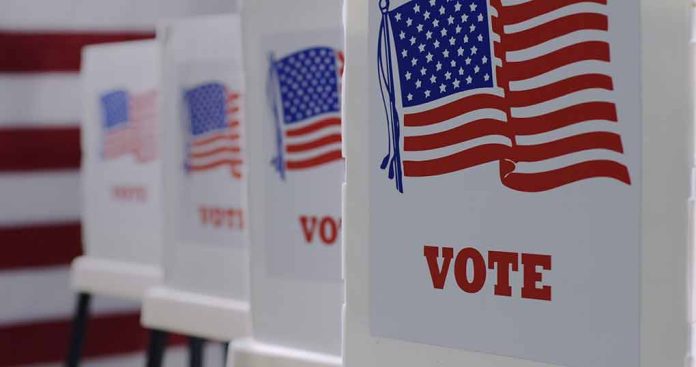
(RightWing.org) – An Arizona judge has upheld election integrity, after ruling that two new voting laws aren’t discriminatory. Following the disputed 2020 presidential election, the state legislature brought in new rules to make sure only citizens get to vote. Liberal activists had claimed those laws discriminated against minority groups.
In March 2022, Arizona’s then-governor Doug Ducey (R) signed HB 2492 into law. In July he also signed HB 2243. The two new laws close a series of loopholes that could have allowed non-citizens to vote in state elections by requiring voters to provide documentary proof of citizenship. If they can’t provide that they can still vote in federal elections by simply signing their registration forms, but they won’t be able to take part in state contests.
Liberal activists, led by the nonprofit Mi Familia Vota, quickly objected to the laws, claiming they discriminated against minority ethnic groups. To support their claim, they cited literacy tests and voter roll purges dating back to the 1970s and 80s. The dispute ended up with a ten-day bench trial late last year, and now US District Judge Susan Bolton has made her decision.
Bolton found that the plaintiffs didn’t give any evidence that the laws were intended to discriminate against or suppress voter registration among minority groups. She dismissed the historical claims, pointing out that that was the past. She also ruled that asking voters to prove citizenship doesn’t “impose an undue burden on the right to vote” or violate constitutional protections.
The outcome isn’t a completely clean bill of health for the laws; Bolton found that some requirements, such as forms asking voters to state what country they were born in, violate the Civil Rights Act because only naturalized citizens would be investigated under those rules. However, by finding that states can ask for proof of citizenship she’s given a major boost to efforts to make our elections fairer and less vulnerable.
Copyright 2024, RightWing.org






















